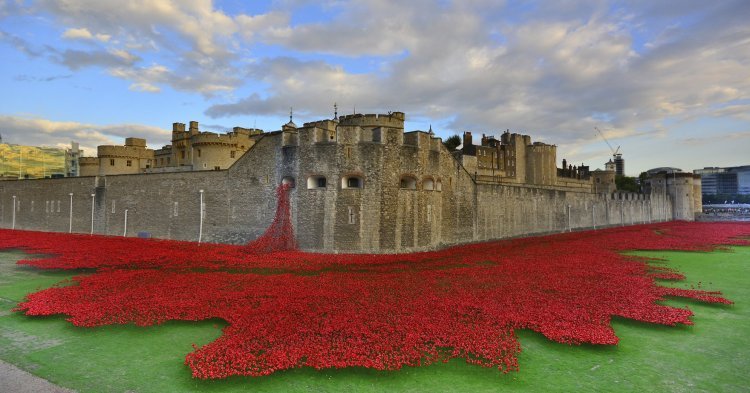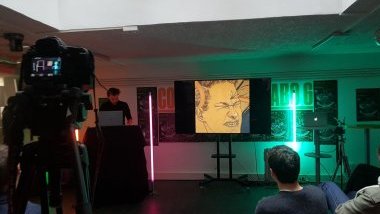Today we celebrate the end of the Great War throughout the European continent, and throughout the whole world too for that matter. We celebrate the fact that a devastating conflict was brought to an end, and that peace prevailed – at least for a couple of decades. The 11th of the 11th is not just the date of the end of a war, but it has become a symbol for peace in Europe as we know it today. European unification has brought about a continent where countries have come together and formed strong political and economic ties to prevent any future wars from happening on the continent. The devastation that was brought to the world when European great powers clashed in war is a big historical burden to bear, which is why it is so important to commemorate the centennial of the end of the First World War.
There are many ways in which we can see the end of the First World War as the birth of modern Europe. The Europe of the empires became the past. Instead, a Europe of nation-states took over. Many of the Eastern European countries that are EU member states today declared independence after the war. The map of Europe as we know it today started to take form. Furthermore, Europe made a first attempt to embrace a world order based on liberal values, international treaties and human rights. The end of the war triggered the decline of the colonial system that had, after all, largely contributed to the escalated conflict and eventual war.
In the midst of the dawn of a new Europe, the end of the Great War also triggered a wave of a completely new idea – Eurofederalism. For the first time in the modern era, the idea of a unified Europe turned up on the agenda. The Pan-European Movement, which is still around today, launched in 1923 with the publishing of a manifesto that presented the idea of a European state. Although that vision for a European state was very different from the European Union as we know it today, the core idea of Eurofederalism and the first hype in the 1920’s had come to stay. It would shape European politics after the Second World War three decades later, and onwards. The idea that unification would be the road to a peaceful continent would eventually prevail.
Today we almost take for granted that the once war-torn region shares common institutions, a common internal market, free movement, the euro currency, the Erasmus programme, democratic values and a shared place in the world. It’s important to remember that it wasn’t always like this. The shared will of European countries to collaborate, starting with the coal and steel community and expanding into other domains with time, has brought about a peaceful corner of the world, and the hard work that was done to achieve all this should not be forgotten or neglected. The EU as we know it today has an important peace-preserving ‘purpose, as did its earlier forms. History has taught us that no peace can be taken for granted. On the day the Great War ended, on the 11th of the 11th in 1918, people in Europe would not have believed that another great war would be raging again two decades later. The Great War would, however, not have gained the name First World War if it wouldn’t have been followed by the Second. When we look back 100 years, we know that the peace we celebrate today did not last. The memory of a torn-apart Europe, however, feels ever more distant.
By looking back at the previous century, which was a century of confrontation, one can really appreciate the peaceful development that our part of the world has gone through in the recent decades. Europe is no longer a continent of war. Today we can appreciate the fact that peace is the norm instead of conflict, and that European states collaborate instead of fighting each other. Europe is no longer a continent of division, but of unification. So much has changed for the better.
The First World War was a war where Europeans fought against Europeans. We should never forget our war-torn past, we should always remember to appreciate the peace we have now, and we should take the opportunity to celebrate European peace whenever we have the chance. So, happy anniversary, Europe!


Follow the comments: |
|
